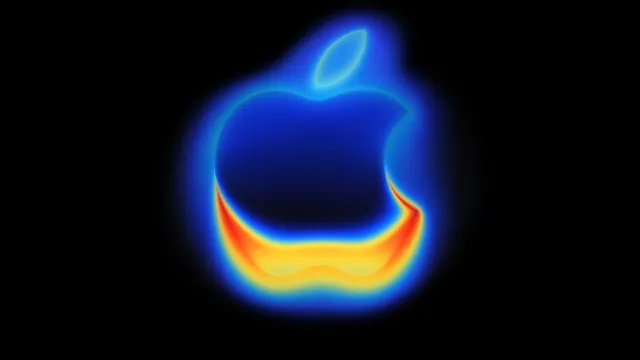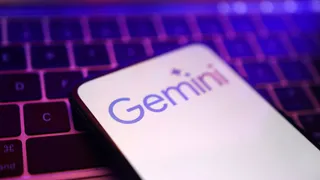- By Alex David
- Tue, 18 Nov 2025 11:08 PM (IST)
- Source:JND
Apple has introduced a major policy shift that directly targets how apps collect and share user data with third-party AI services. For the first time, the company has updated its App Review Guidelines to explicitly include the term “AI,” signalling a new phase in how Apple approaches artificial intelligence on its platforms. Concerns surrounding artificial intelligence models using user data secretly have grown increasingly prominent. Apple's new rules now require developers to clearly explain when personal information will be shared with external AI tools and seek permission before sending any off-device. It provides a tighter, more transparent framework designed to protect iPhone and iPad users as AI apps become increasingly prevalent.
Apple Introduces New Rules for Third-Party AI Data Sharing
The updated guidelines appear in section 5.1.2 under “Data Use and Sharing.” Apple now states that any app sharing personal data with outside partners — including AI systems — must disclose exactly what’s being sent and to whom. Developers also need to name the third-party AI model or service that will receive the information, whether it’s conversational input, identifiers like email addresses, or any personal data processed inside the app.
ALSO READ: Windows 11 Is Getting Its First True AI Agent: Microsoft Begins Testing ‘Agent Workspace’
This is Apple’s first direct move to address the growing industry practice of using app data to train large language models without clear user consent. Apps that previously blurred the lines between analytics, advertising, and AI training will now need to justify every instance of data sharing.
Recommended For You
Clear Boundaries for What Developers Can Do
Apple also reinforces long-standing rules regarding data use: third parties can only share it to improve or deliver ads within an app and must never use it for unknown purposes. Any developer found breaking these terms risks having their app removed from sale -- and potentially lose membership of the Apple Developer Program as a result.
This revised policy increases transparency standards as AI-powered apps become more conversational and dependent on user inputs.
ALSO READ: WhatsApp Is Finally Testing Multi-Account Support On iPhone: Here’s What’s Changing
A Sign of Apple’s Evolving Approach to AI
Beyond the new restrictions, Apple’s decision to acknowledge AI directly in its guidelines shows a broader willingness to embrace the technology — but strictly on its own terms. By forcing developers to disclose how AI services use personal data, Apple is drawing a clear line between innovation and privacy violations.
Final Thoughts
Apple's disclosure requirement marks an important step towards responsible AI integration on the App Store. As more apps rely on third-party AI models, users will gain more visibility into how their data is being used - and have greater ability to opt out if needed. With stronger enforcement on top, this transparency helps shape an ecosystem with stronger privacy protections while still permitting developers to build advanced, intelligent tools for millions of users.





